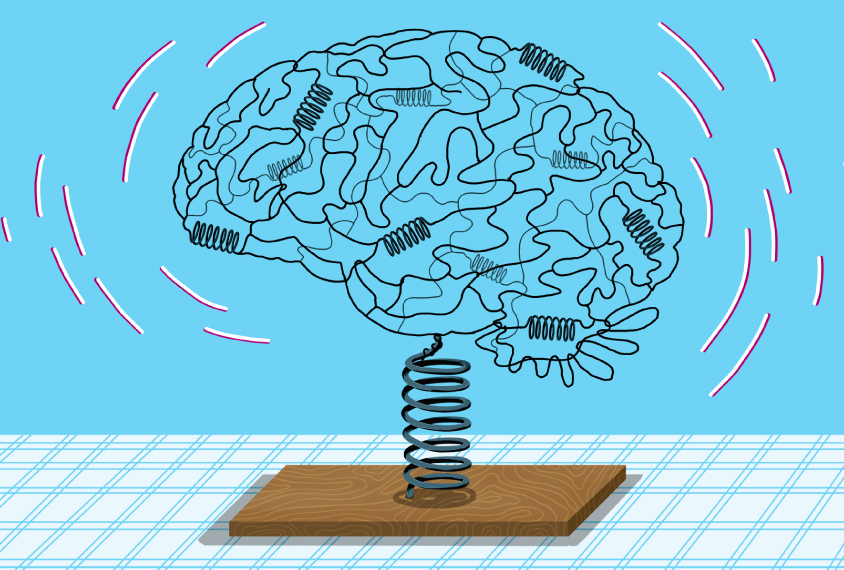Many researchers have wondered just how closely linked are epilepsy and autism spectrum disorders.
In a recent report in Translational Psychiatry, experts at the University of California, Riverside and Rutgers University turned to inhibitory neurons in rodents.
“One hypothesis is that during brain development, inhibitory neurons, which regulate brain rhythms, develop in an abnormal manner,” said one of the study’s co-authors in a news release.
“If this is true, then how the brain circuit gets set up is abnormal, which may lead to both autism and epilepsy.”
Among the rodents they tested, researchers uncovered a reduction in inhibitory currents within the hippocampus region of the brain implicated in various memory processes.
The mutant rodents in their experiments had exhibited behavioral traits synonymous with autism and were also at high risk for seizures.
The study’s authors concluded: “There may be a developmental abnormality in establishing inhibitory neuron circuits. If we can identify what the molecular pathways are, we may be able to intervene early and make sure the inhibitory circuit is maintained. How the circuit develops may play a key role in the co-occurrence of autism and epilepsy.”
“Understanding these mechanisms may help develop more targeted cures.”


